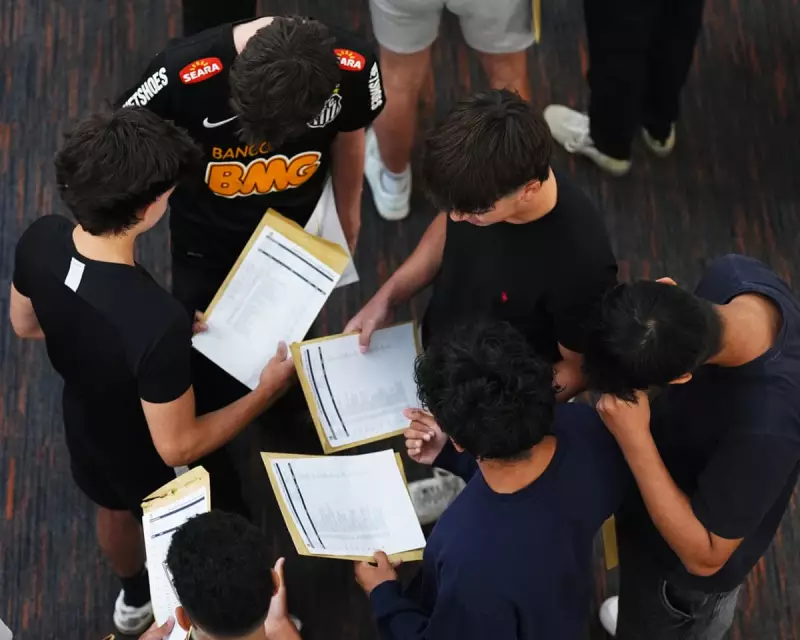
The fading impact of the COVID pandemic has revealed the stark and enduring legacy of Michael Gove's controversial GCSE resit policy, with latest results exposing a system described as 'broken' for thousands of students.
Despite the exceptional grade adjustments of pandemic years now receding, the fundamental flaws in the former education secretary's policy remain deeply embedded. Students who fail to achieve at least a grade 4 in English or maths are forced to continue studying the subjects, creating what educators call a 'cycle of demoralisation'.
The Human Cost of Policy Failure
Teachers across England report classrooms filled with disheartened students who face repeated examinations with diminishing hope of success. 'We're seeing young people who've been set up to fail year after year,' one headteacher revealed. 'The policy ignores individual circumstances and creates unnecessary barriers to progression.'
Disadvantaged Students Hit Hardest
The data reveals a troubling pattern: students from disadvantaged backgrounds are disproportionately affected. Those eligible for free school meals face significantly higher resit rates, exacerbating existing educational inequalities. 'This isn't about standards—it's about punishing the most vulnerable,' commented a education policy analyst.
A System in Need of Reform
Education leaders are calling for urgent review of the policy, suggesting alternative pathways that recognise different skills and talents. 'We need a system that builds confidence rather than destroying it,' argued a college principal. 'The current approach benefits nobody—not students, not teachers, and certainly not employers seeking diverse skills.'
As the educational landscape continues to normalise post-pandemic, the resit policy stands as a stubborn reminder of how political ideology can create lasting damage in the classroom. The question now is whether policymakers will listen to those on the front lines of education before another cohort faces the same demoralising cycle.





